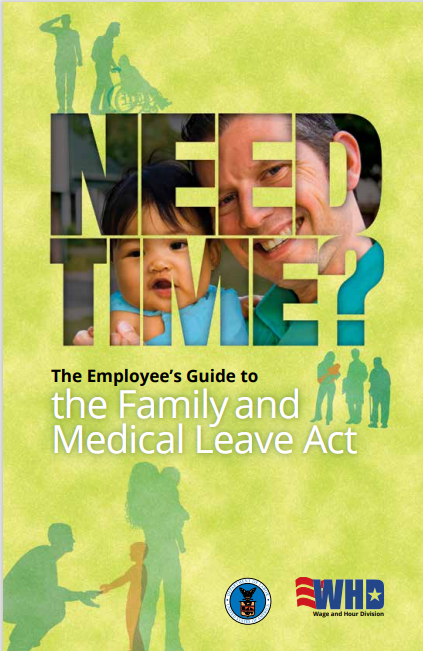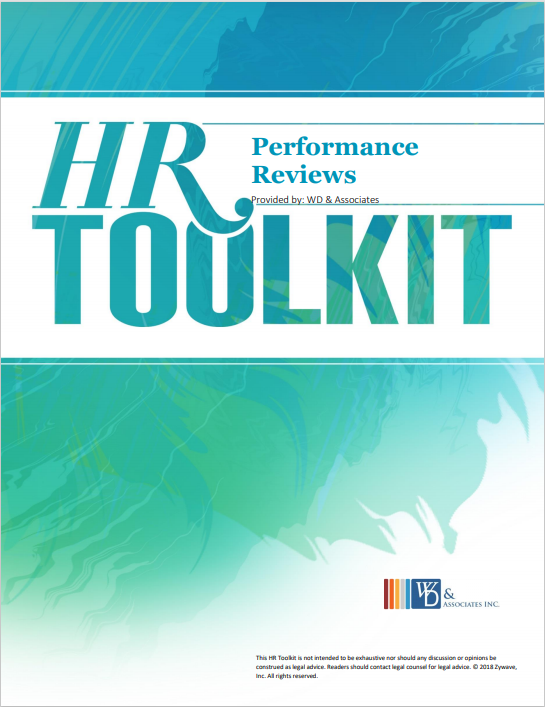Investing in the stock market means taking risks. That’s not necessarily something many retirees want to do with their money, but a fixed index universal life (FIUL) insurance policy offers permanent coverage along with the possibility of a significant increase in the cash value component. While less risky than stock market investing, the annual return is not guaranteed as with whole life policies.
How Fixed Income Universal Life Insurance Works
Like all permanent life insurance policies, the FIUL offers a death benefit as well as a cash value built up over time.
All or part of the policy’s cash value for earning interest is based on the performance of a particular index or blend, chosen by you or your financial advisor. The S&P 500 is a common index, as are blends of the Dow Jones Industrial Average or specific industry sectors.
Keep in mind that the FIUL tracks the index performance. Policyholders are not buying shares in the index or overall market. The insurance companies are purchasing options contracts.
If the index tracks in positive territory at the end of the policy’s crediting period – either monthly or annually – you receive interest. Should the index decline, you do not receive interest, but you also do not lose the underlying cash value. Depending on the policy, your insurance company can still guarantee some minimum return.
FIUL Flexibility
FIUL provides the option to choose multiple indexes for greater flexibility. The policyholder determines the percentage of the cash value allocated to each index.
Every person has unique needs. A FIUL gives you the ability to add riders to your policy along with other customizations to address those needs.
FIUL Benefits
There are many pros and cons to a FIUL. Some of the benefits are that the cash value of a FIUL is tax-deferred as it grows. The policyholder can use this cash to pay their premiums. After retirement, any distributions taken are tax-free.
If you take a loan out against your policy’s cash value, the withdrawal will not trigger capital gains taxes. Taking a loan against the policy will not affect Social Security benefits if you are taking such benefits prior to reaching full retirement age.
Unlike other retirement vehicles, there are no required minimum distributions with a FIUL. The death benefit funds do not go through the probate process.
Some products have a lock-in feature that allows the policyholder to lock in a set percentage of gains anytime during the contract year. For example, you can set the lock at 8% and as long as the index hits 8% during the contract year you are locked in. Even if the index ends the year at 3% you would be locked in at 8% interest assuming the index hit.
FIUL vs. Other Types of Life Insurance
FIUL differs from other types of life insurance in critical ways. For instance, term life insurance policies do not build up a cash value. Policy length is based on the specified term and is not permanent.
Whole life insurance policies are permanent, with fixed interest rates and no dividend guarantee. Universal life insurance is permanent and linked to bond interest rates. It is possible for the cash value of a universal life policy to decline if rates decline below fee costs.
Who Should Consider FIUL?
There is no question a policyholder can potentially earn more with a FIUL than other life insurance products. With that possible reward comes a greater degree of risk. Those seeking a greater return on their life insurance policy should consider FIUL if they think of such insurance as a retirement income investment. Contact our team at WD & Associates if you're considering an FIUL or get a quote below.













Leave a comment